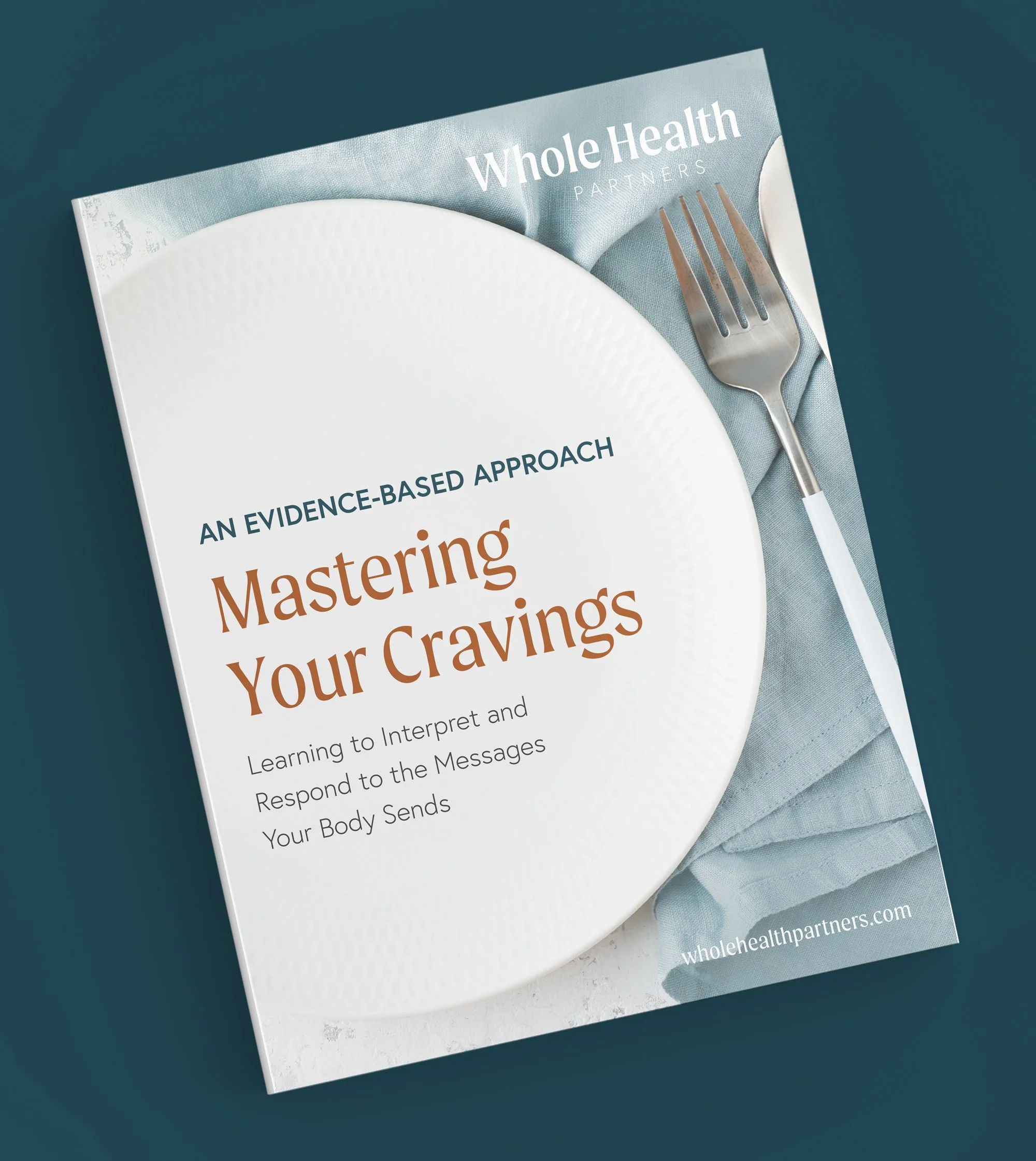Whole Health Partners’ Blog

5 Smart Food Swaps to Help Reverse Prediabetes Naturally
Discover how to manage prediabetes with confidence & ease by incorporating nourishing, satisfying foods into your diet.

Hormones and Weight Loss: What Every Woman Needs to Know
Discover how hormones and weight loss go hand-in-hand. Learn effective, natural, evidence-based strategies to achieve a sustainable, healthy weight.

Type 2 Diabetes Self-Care: Your Guide to Reversing Insulin Resistance
Learn evidence-based Type 2 Diabetes self-care strategies. Discover how diet, exercise & lifestyle changes can help you manage blood sugar naturally.

Surprising Factors That Impact Blood Glucose Levels
Maintaining stable blood glucose levels is crucial for overall health and well-being. Yet various factors can influence blood glucose regulation, and these extend well beyond just diet and exercise. Sleep, stress, macronutrients, microbiome, and environmental toxins all play a role.
That’s why we often work with our patients to help them understand these influences, so that they can make informed choices to take control of their health and support optimal blood glucose control.

Three Lab Tests You Should Always, Always Ask For
We know. The blood test results you receive from your care provider can be confusing.
What do all the numbers and letters refer to?
Are high numbers good or bad?
What does it mean by an optimal range?
There’s a lot to unpack. And, honestly, the best way to understand blood test results is to work with a provider who can translate how your results on paper relate to your health circumstances, and your real world health goals.

Polycystic Ovary Syndrome (PCOS): Our Approach
If you’re one of the 20 to 30% of people with ovaries who have been diagnosed with Polycystic Ovary Syndrome (PCOS), you’ve likely talked to your doctor about medical interventions like the birth control pill or metformin. They may or may not have also advised you that dietary and lifestyle interventions can provide significant relief from common symptoms, as well as reduce the risk of long-term negative health outcomes like metabolic syndrome or heart disease.
FREE GUIDE
Mastering Your Cravings
In our guide, Mastering Your Cravings, you'll learn to interpret and respond to the messages your body sends – an evidence-based approach designed to kick off your health journey.



![Grab the Free Guide Small habits — when incorporated into your daily routine — can lead to bigger, more transformative changes. {{ include_custom_fonts({"Europa":["Light"]}) }}](https://hubspot-no-cache-na2-prod.s3.amazonaws.com/cta/default/242535189/interactive-218608809718.png)